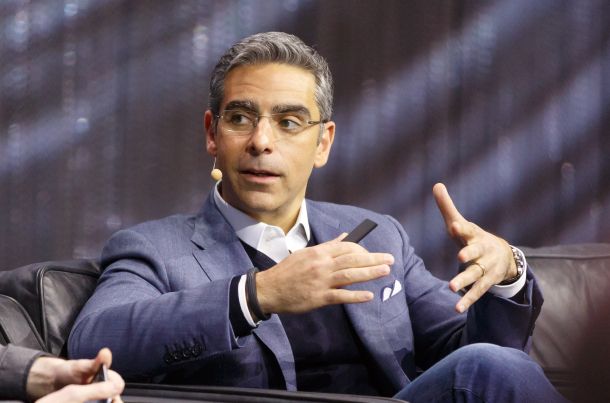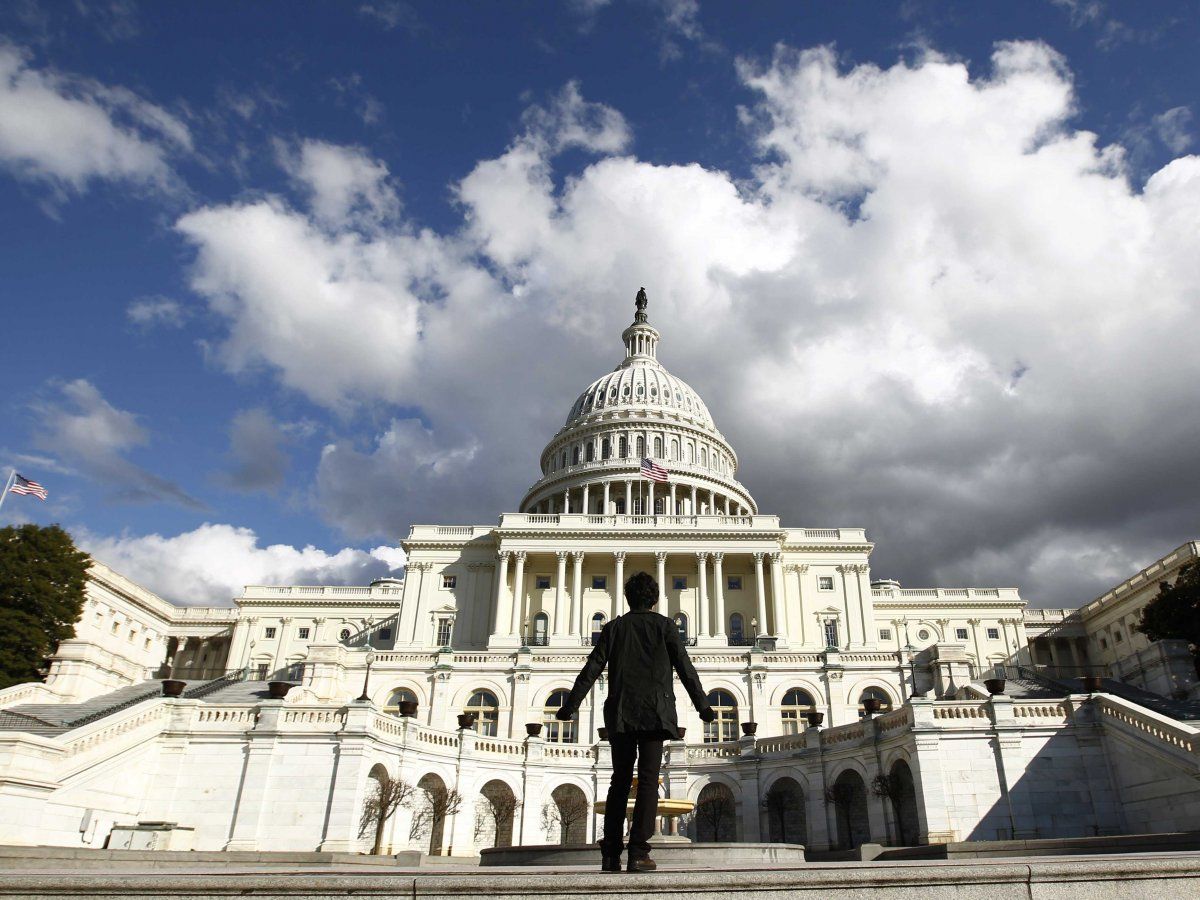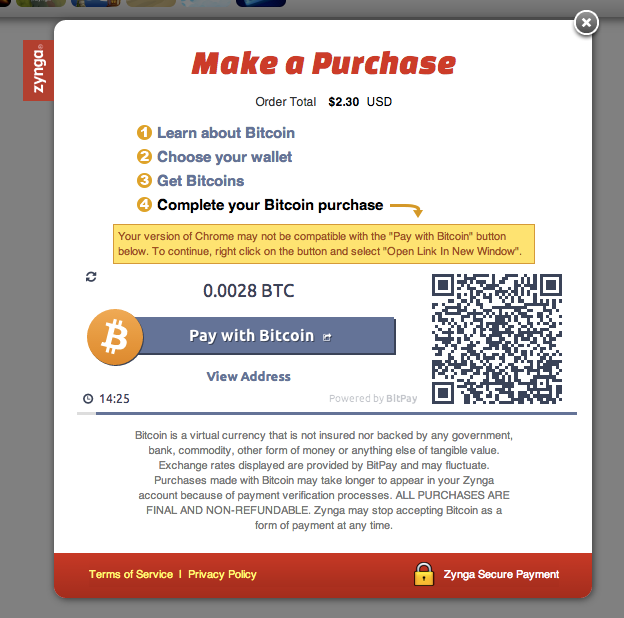Andy Greenberg, Forbes Staff
When a group of cryptographers launched Zerocoin last year, they hoped their cryptography project could upgrade Bitcoin to be as anonymous as its most privacy-focused users have always wanted it to be. Now, after six months of waiting in vain for their code to be adopted by the Bitcoin community, they’re taking a bolder approach: Creating their own cryptocurrency, with privacy baked in from the start.
At the Real World Crypto conference Monday in New York, Johns Hopkins cryptography professor Matthew Green announced the next phase in the evolution of Zerocoin: creating an alternative cryptocurrency with an infrastructure independent of Bitcoin. The new coins, which Green says will go into circulation in May in some sort of beta program, will have their own exchange rate with existing currencies, their own “miners” producing new coins, and their own public ledger of transactions known as the “blockchain,” just as Bitcoin does. But unlike Bitcoin, Zerocoin is designed to be spent and received without revealing any trace of a user’s identity.
Read more







